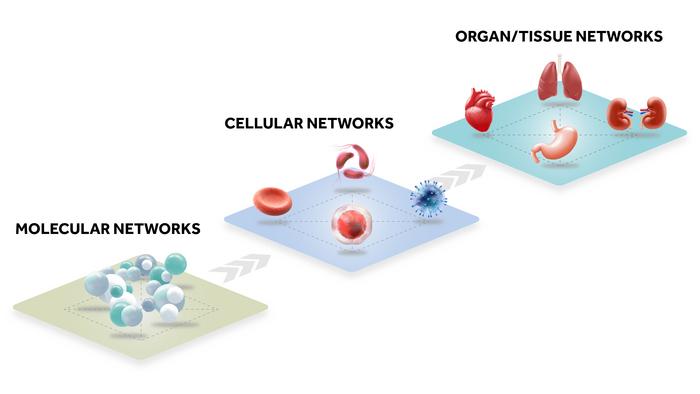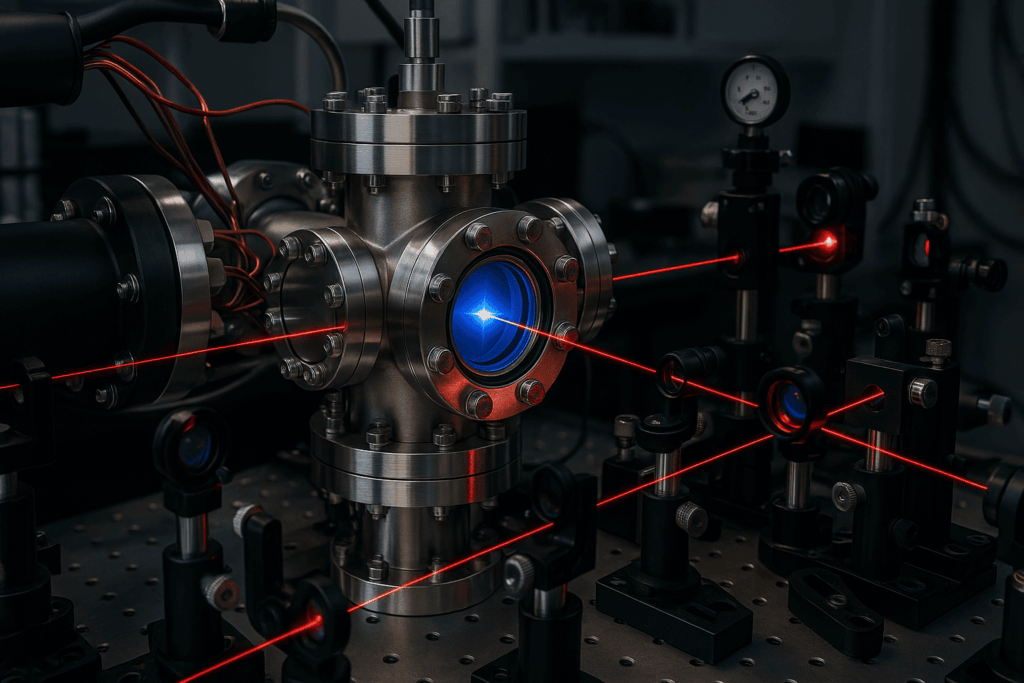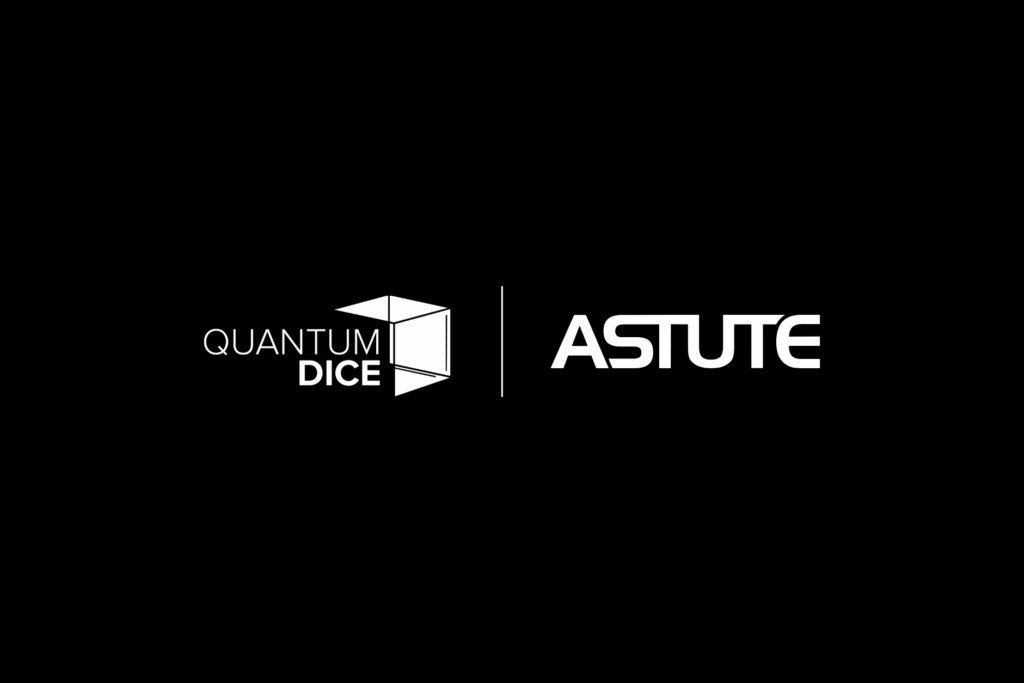Insider Brief
- Researchers demonstrate how quantum computing can be integrated into the study of living organisms.
- The team believes it could provide greater insight into biological processes like aging and disease.
- Insilico, University of Toronto’s Acceleration Consortium and Foxconn Research Institute collaborated on the study.
- Image: Biological networks are interconnected. Just as knowing the ingredients alone is not sufficient to understand how to prepare a dish, understanding only the list of genes or proteins is insufficient to comprehend how they interact. (Credit, Insilico Medicine)
.PRESS RELEASE — In a new paper in WIREs Computational Molecular Science, researchers from clinical stage artificial intelligence (AI)-driven drug discovery company Insilico Medicine (“Insilico”) demonstrate how quantum computing can be integrated into the study of living organisms in order to provide greater insight into biological processes like aging and disease.
In May 2023, Insilico, University of Toronto’s Acceleration Consortium, and Foxconn Research Institute published research that successfully demonstrated the potential advantages of quantum generative adversarial networks in generative chemistry. Those findings were published in the American Chemical Society’s Journal of Chemical Information and Modeling.
In this latest paper, Insilico researchers present a broad picture of how combining methods from AI, quantum computing, and the physics of complex systems can help researchers advance new understandings of human health – and detail the latest breakthroughs in physics-guided AI.

While AI has been an invaluable tool in helping researchers process and analyze large, complex biological datasets in order to find new disease pathways and connect aging and disease at the cellular level, they write, it still faces challenges in applying those insights to more complex interactions within the body.
In order to fully understand the inner workings of living organisms, the researchers note, scientists need multimodal modeling methods that can manage three key areas of complexity: the complexity of scale, the complexity of the algorithms, and the increasing complexity of datasets.
“While we are not a quantum company, it is important to utilize capabilities to take advantage of the speed provided by the new hybrid computing solutions and hyperscalers. As this computing goes mainstream, it may be possible to perform very complex biological simulations and discover personalized interventions with desired properties for a broad range of diseases and age-associated processes. We are very happy to see our research center in the UAE producing valuable insights in this area,” says co-author Alex Zhavoronkov, PhD, founder and co-CEO of Insilico Medicine.
Biological processes within living systems scale from cells to organs to the whole body with lots of complex interactions between systems. Interpreting these processes needs to work on multiple scales simultaneously. And access to biological data has reached previously unimaginable levels. There’s the 1000 Genomes Project – a catalog of human genetic variation which has identified over 9 million single nucleotide variants (SNVs) – and the UK Biobank which contains full sequences from 500,000 genomes of British volunteers, to name just a couple. We need massive computing power to analyze and process it.
Quantum computing, the researchers write, is uniquely positioned to augment AI approaches – allowing researchers to interpret across multiple levels of the biological system simultaneously. Because qubits hold values of 0 and 1 simultaneously, whereas classical bits hold only values of 0 or 1, qubits have massively greater computing speed and capability.
The authors note that major advances in quantum computing are already underway, including IBM’s recent debut of both a utility-scale quantum processor and the company’s first modular quantum computer, which has already begun operations.
Ultimately, the authors call for a physics-guided AI approach to better understand human biology – a new field that combines physics-based and neural network models, which they write is already underway.
By combining methods from AI, quantum computing, and the physics of complex systems, scientists can better understand how, as the authors write, “the collective interactions of smaller-scale elements within a cell, organism, or society generate emergent characteristics that can be observed at larger scales and levels of reality.”
For more market insights, check out our latest quantum computing news here.

















